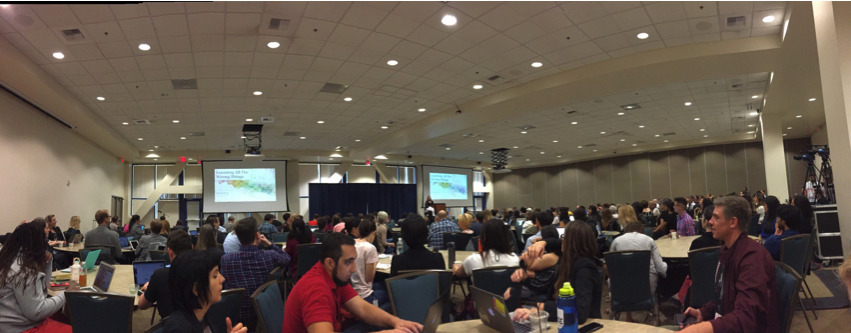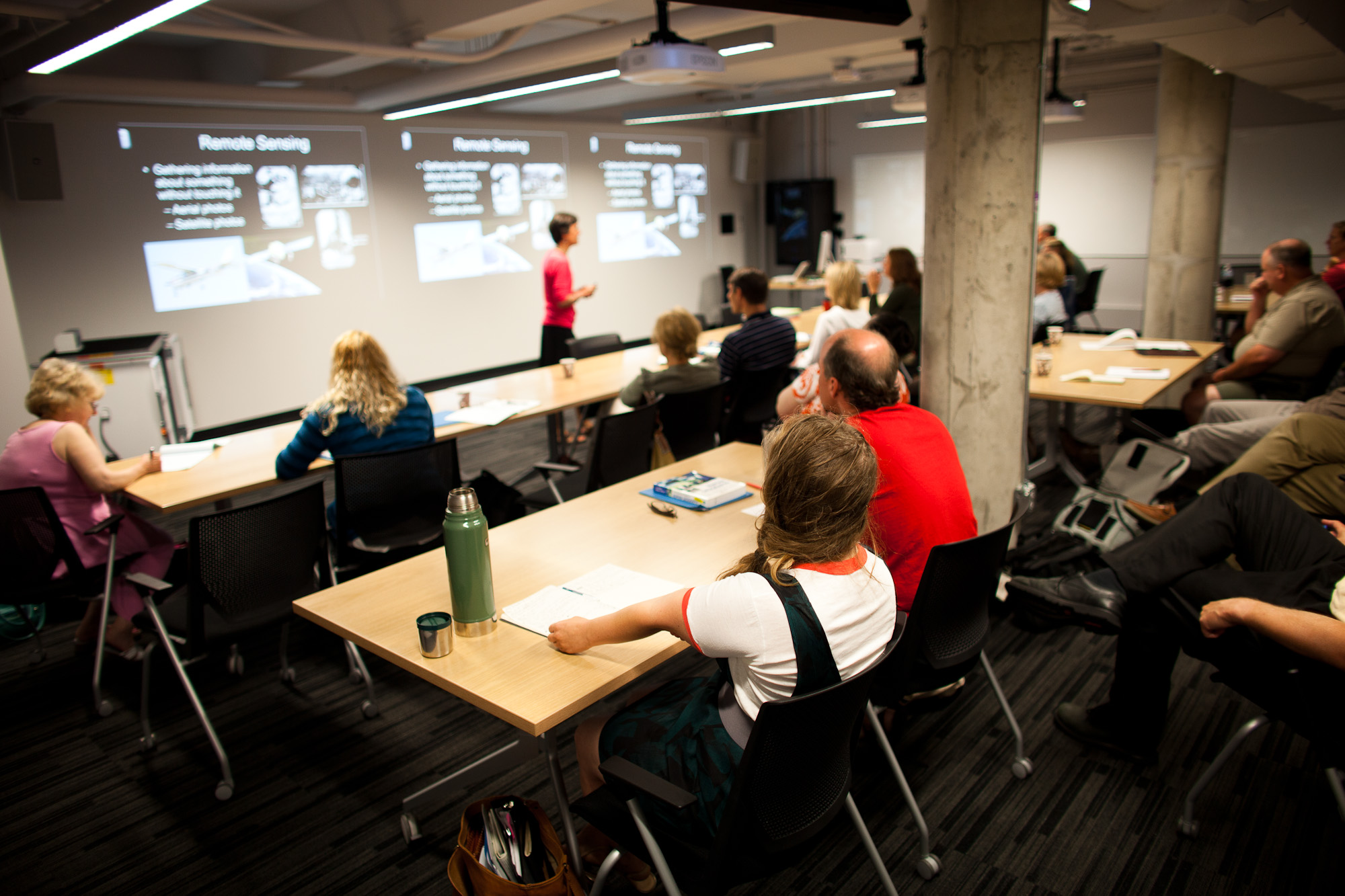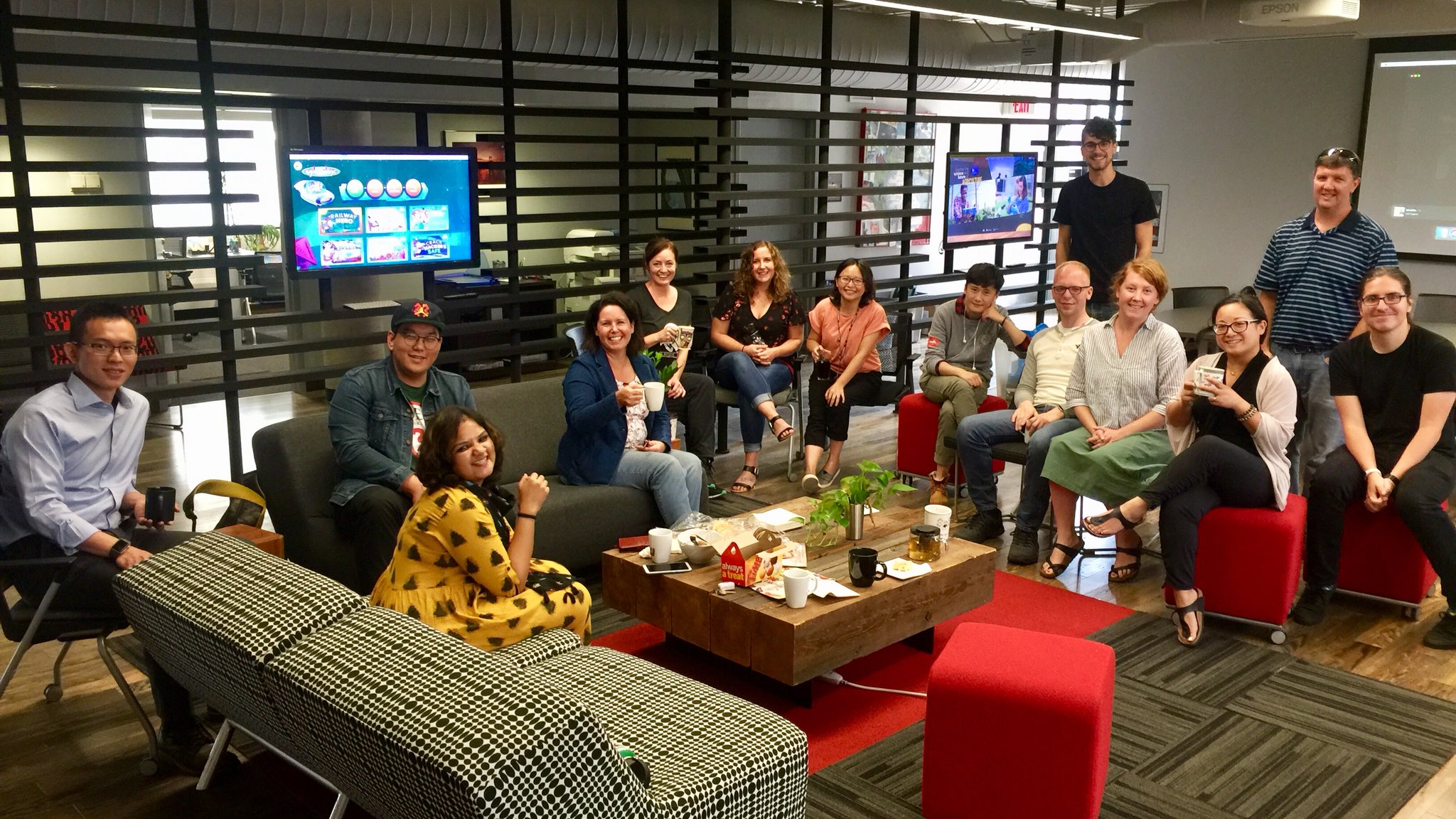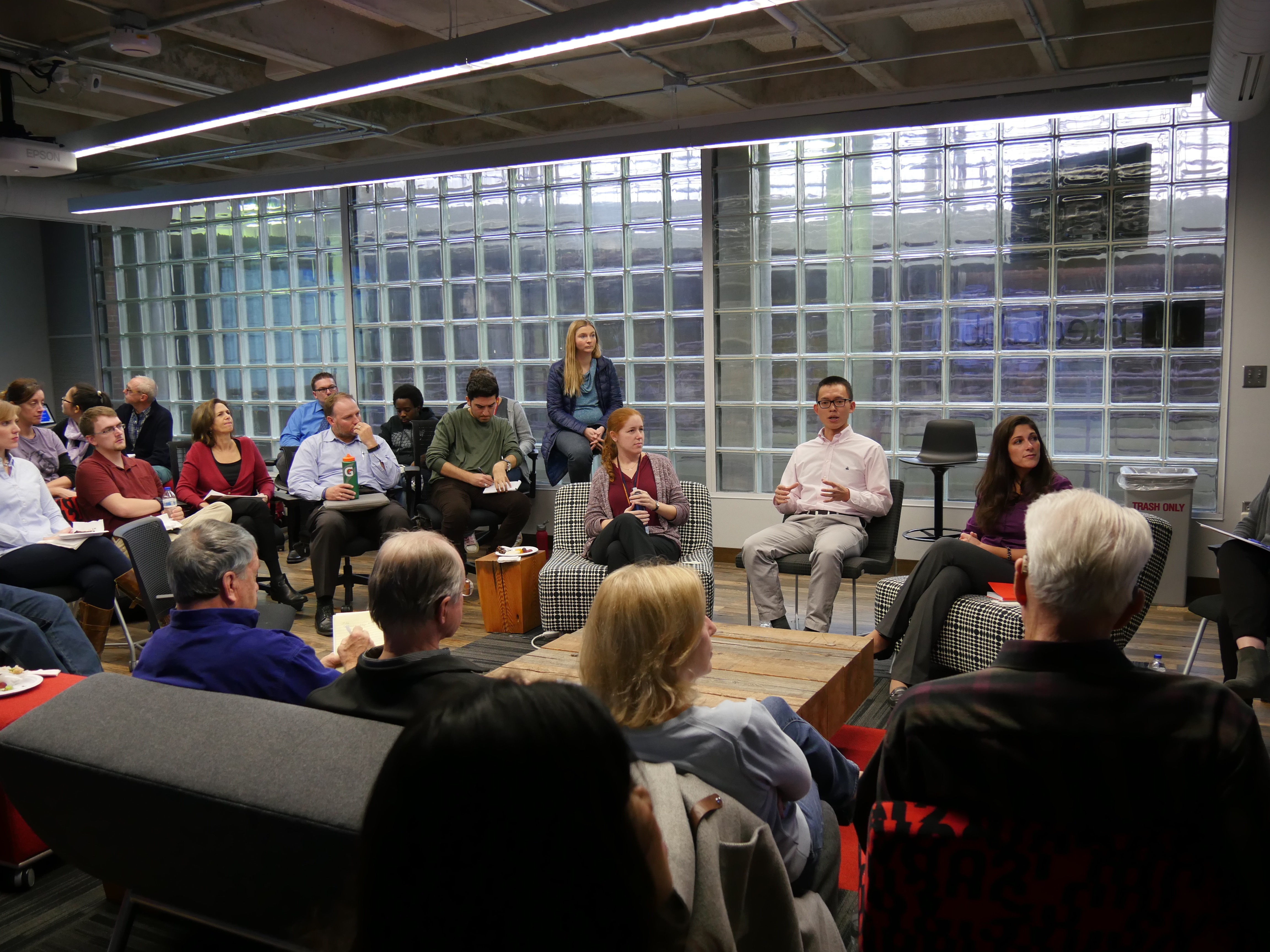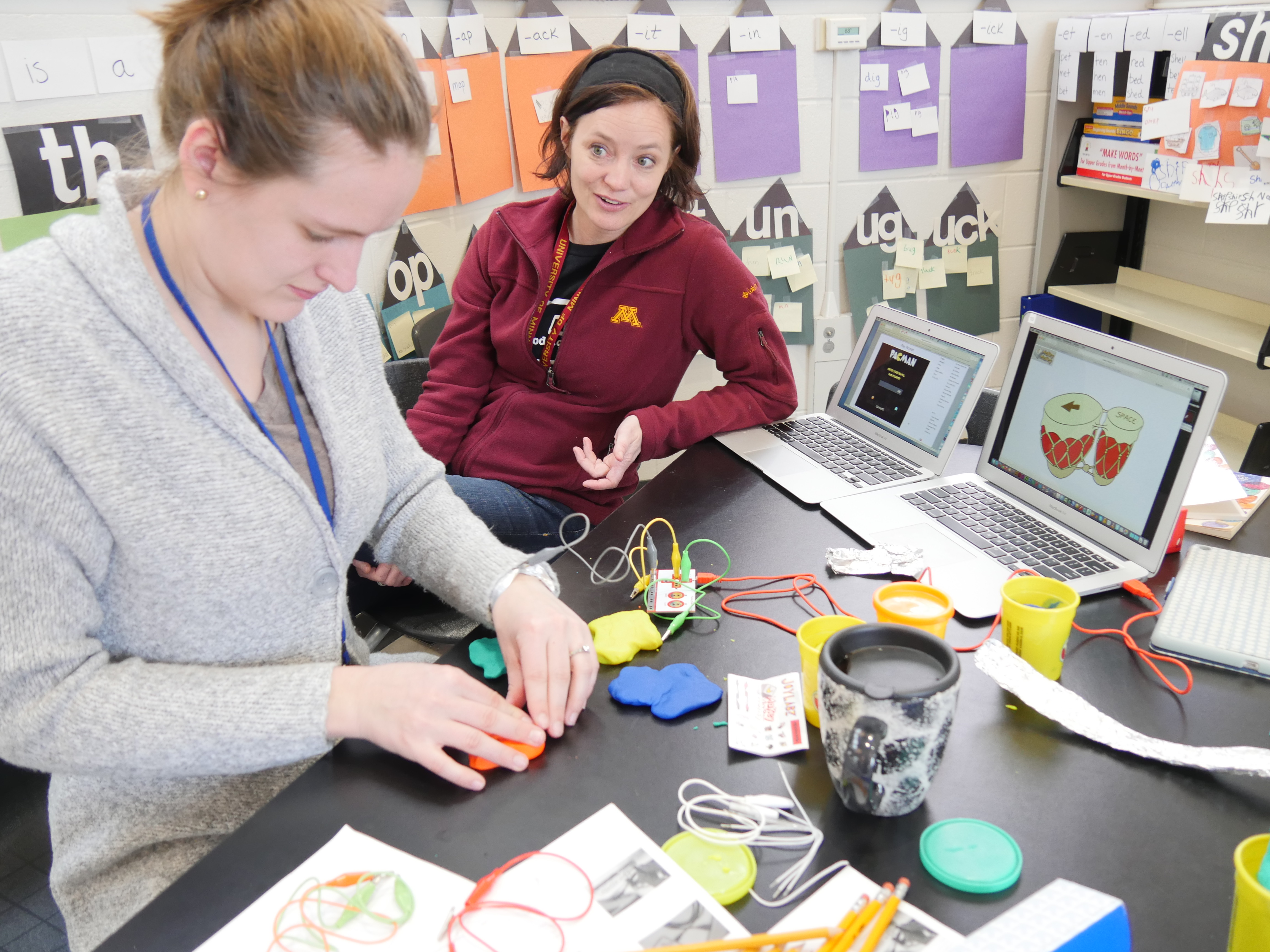January 2, 2018
Yu-Hui Chang presented, “Not Just Coding: Preparing Preservice Teachers to Develop and Foster Computational Thinking in Technology Integration” at the 2017 Digital Media and Learning (DML) Conference in Irvine, CA. and was authored by Yu-Hui Chang & Lana Peterson.
This paper was comprised of a panel discussion, led by Kim Jaxon, focusing on “Innovations in Teachers’ Professional Development” to support teachers’ digital identities and practices. Chang was a panel speaker along with other presenters from Mozilla Foundation Hive Chicago, UC Riverside, Kansas State University, and MIT Media Lab.
Abstract
With the new nationwide trend of the “computer science for all”movement, computational thinking becomes an important concept for K-12 teachers. In fact, “computational thinking” is named as a skill is facilitating future learners who qualify as computational thinkers and is already announced in the updated ISTE standards (2016) for students. However, critics concern that we only having our children play with programming but without deepening learning opportunities to develop computational thinking. This research study is driven by a core question: how do preservice teachers construct their own learning and thinking to design, create, and facilitate a learning environment for students to become computational thinkers? This study aims to uncover how preservice teachers approach technology integration with coding, computational thinking, and makerspace movement resources; and to understand the barriers among teachers when enacting the ISTE standard to nurture students as computational thinkers. There are 28 preservice teacher participants in this study who are majoring in elementary education,special education, or early childhood education. The context of this case study is a required course about technology for teaching and learning for teacher candidates at a Midwest public university.
The research framework is based on Brennan and Resnick (2012)’s definition of computational thinking in three phases: computational perspectives, computational concepts, and computational practices. The researcher collected preservice teachers’ reflection journals and learning artifacts to track their learning trajectories to understand their conceptual changes, including pedagogical beliefs about coding and practical ideas about how to incorporate coding concepts into curriculum. Content analysis (Saldana, 2013) along with open-coding technique will be conducted for data analysis. Though the data analysis is underway, the initial coding categories have emerged: (a) teachers are confused by the term and definition; (b) teachers used to have stereotype on coding; (c) teachers are trying to make a meaningful connection with their own profession; (d) teachers monitor their understanding of tech integration and how their teaching beliefs echo these new concepts. This study intends to articulate teachers’ thinking processes about pedagogy for coding, computational thinking, and makerspaces from learning sciences perspectives to support future teachers’ learning in the digital revolution.
